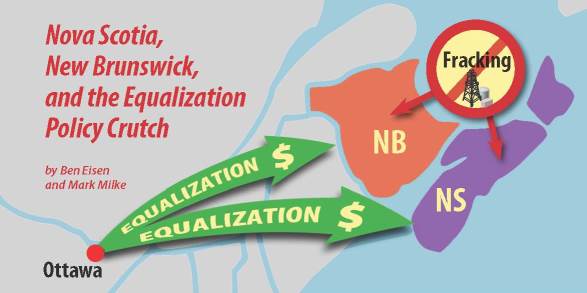Those behind the plan are central planners at heart, mistakenly seeing themselves as the initiators of trade.
nova scotia
The Green Party opposes the Nova Scotia government’s apparent plan to back the re-opening of the Donkin coal mine in Cape Breton.
Canada’s federal equalization program is motivated by good intentions. However, the program has unintended consequences, and creates perverse incentives that have allowed at least two “have-not” provinces to shun sensible economic opportunities.
Nova Scotia’s government recently announced it would table legislation to establish a moratorium on the practice of hydraulic fracturing (or “fracking”) for the production of natural gas in the province. The ban, which follows a lengthy report on the safety of hydraulic fracturing, is indefinite, but not permanent. (One is reminded of the saying that there is nothing more permanent than a temporary tax.).
From the fur trade to fisheries and forests, Canada was built on the toil and sweat of those who wanted to prosper. But these days, it’s harder to create opportunity. And sometimes, government is to blame. The latest example comes from Nova Scotia.
Over fifty years, observers have become inured to troubling reports of Atlantic Canada's economic difficulties.
Even the most jaundiced observer would recognize, however, that data for the last two years describes something different. The regional economy is not experiencing continued slow decline: it is starting to implode.
The recent native protests in New Brunswick against proposed hydraulic fracturing ('fracking') are not only devoid of facts but harm the potential for prosperity and lower personal taxes. Add in the anti-fracking frothing in neighbouring Nova Scotia, and also in Quebec, and it adds up to ill-advised provincial policies, this despite the safety of fracking.
Before detailing the potential for a lighter personal income tax burden if more resource development was allowed, here are the facts on hydraulic fracturing for oil and gas.

